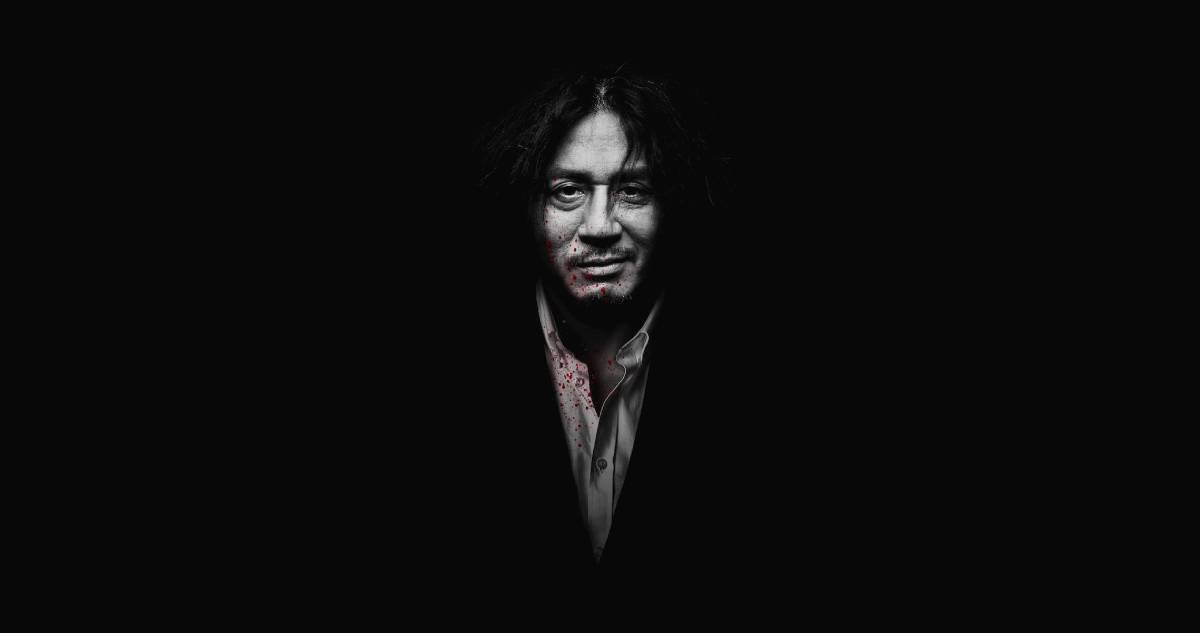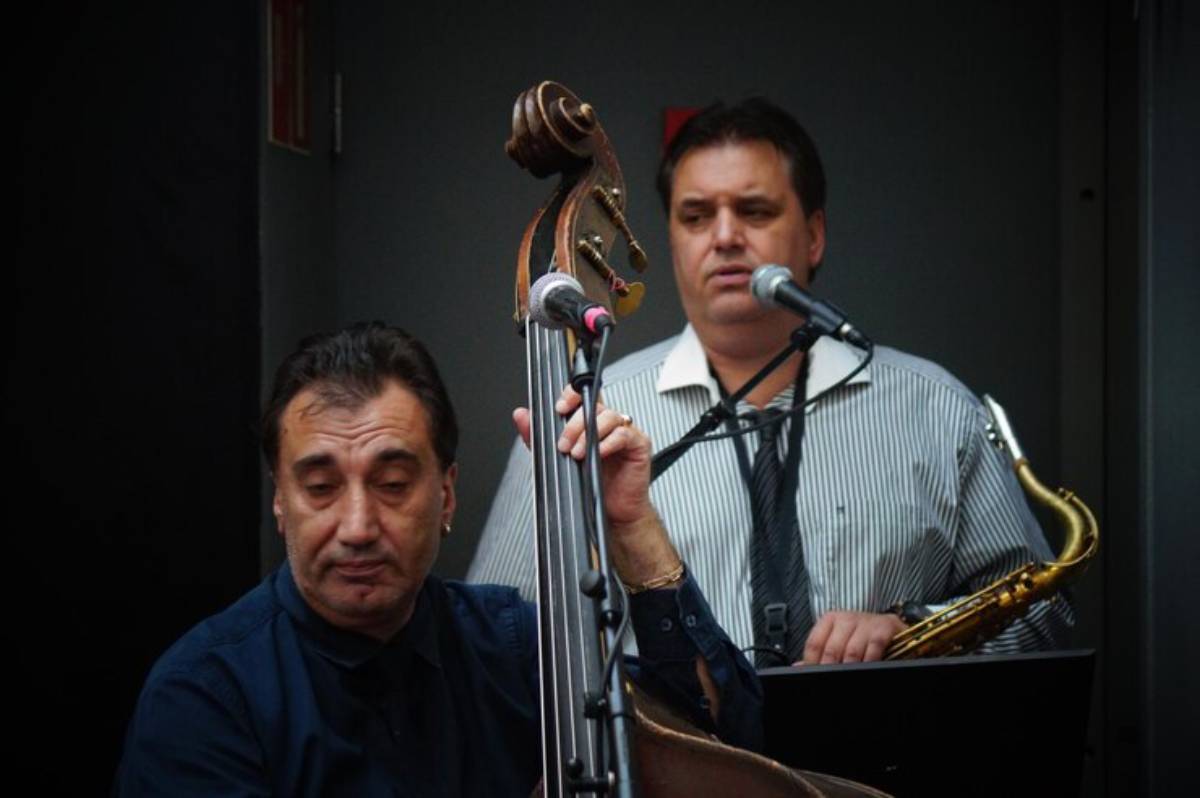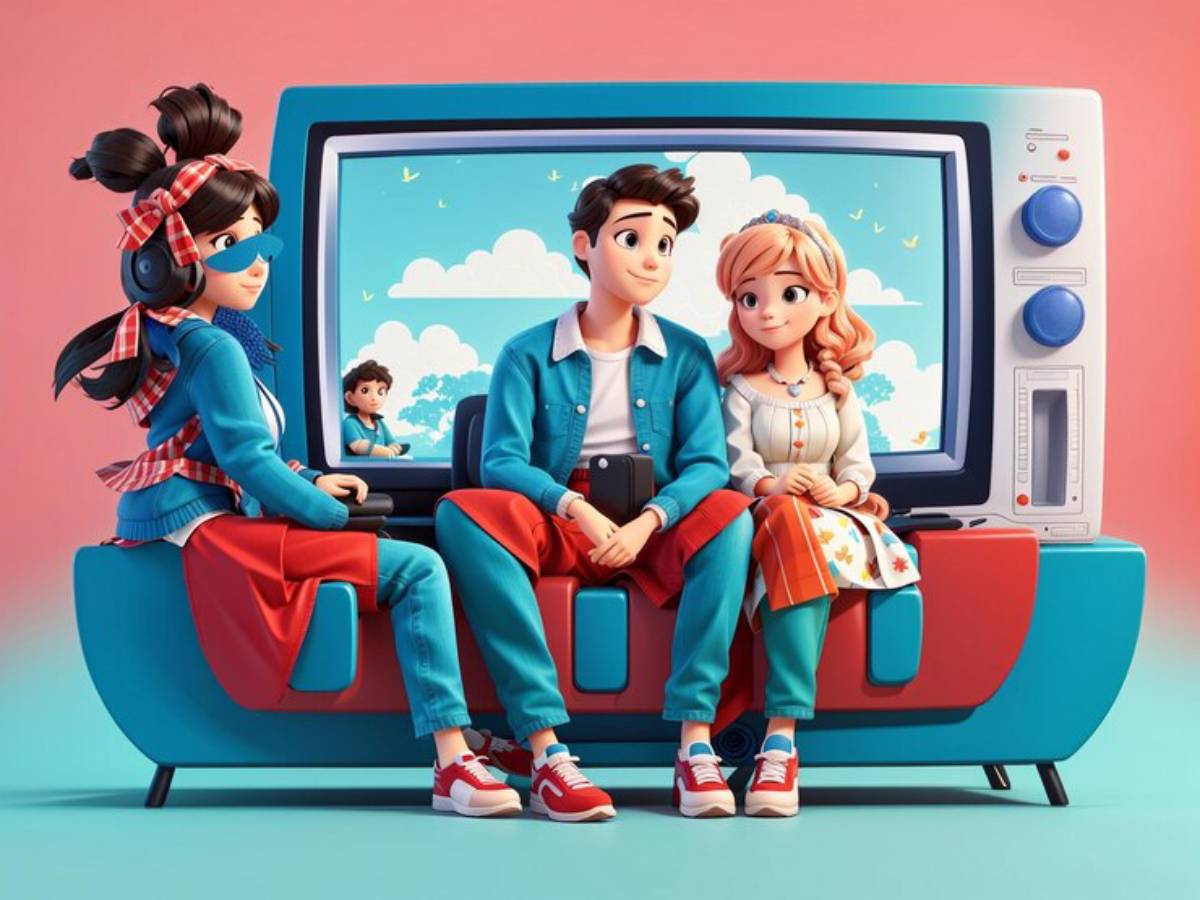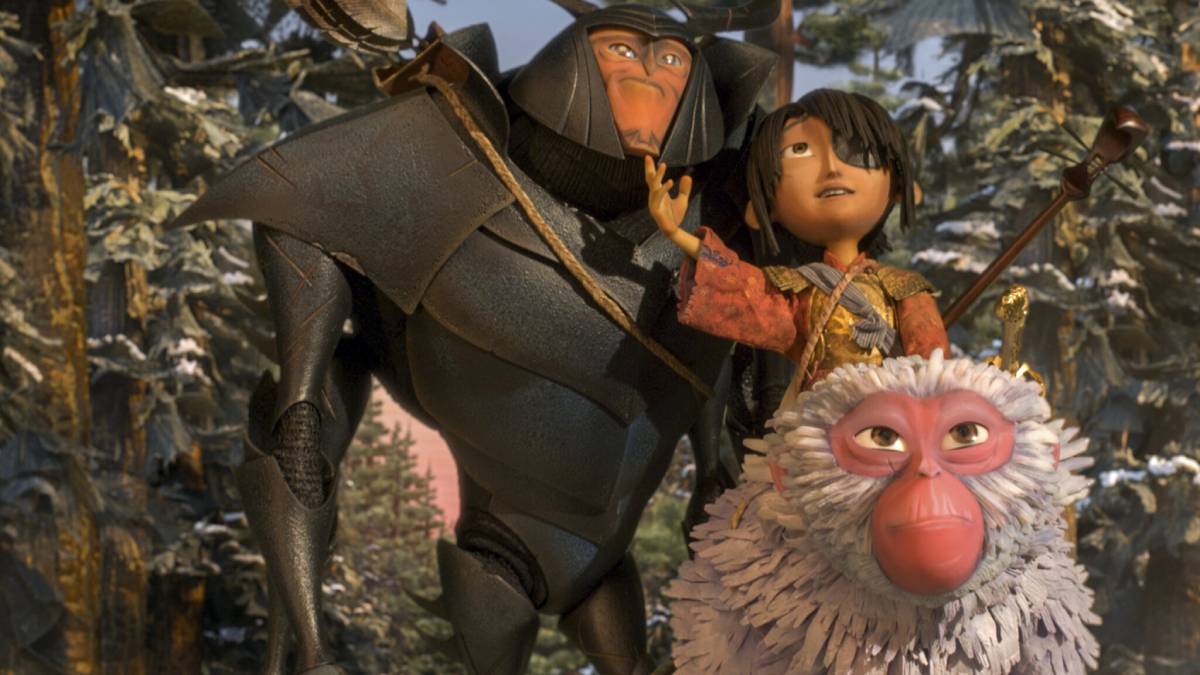
Underrated Film Scores That Deserve More Recognition
A masterfully composed film score can transform a good movie into a timeless one. From swelling orchestras to minimalist piano motifs, cinematic music has the unique power to amplify emotion, define the atmosphere, and make scenes linger in the memory. While some scores—Star Wars, The Lord of the Rings, Inception—are universally acclaimed, many remarkable soundtracks quietly elevate their films without receiving the same attention.
This article highlights a curated list of underrated movie soundtracks that stand shoulder to shoulder with the best film scores yet remain overlooked in popular discourse. These are the hidden gems of cinematic music, deserving of more recognition from cinephiles and casual viewers alike.
Why Film Scores Matter More Than Ever
In an age where visual effects dominate headlines, the role of music in film is often underappreciated. Yet, music is one of the most emotionally immediate tools in cinema. A score can:
- Establish tone within seconds
- Create emotional cues without dialogue
- Connect characters across scenes
- Leave a lasting impression long after the credits roll
The best film scores achieve all this while remaining seamlessly integrated into the storytelling. And often, the most impressive examples do so without fanfare—crafted by composers whose names may not be household ones, yet whose impact is undeniable.
1. The Assassination of Jesse James by the Coward Robert Ford – Nick Cave & Warren Ellis
Ethereal, mournful, and quietly magnificent, this score lingers like the ghost of its central character. Built around sparse piano motifs and brooding strings, it perfectly mirrors the film’s haunting portrayal of myth, betrayal, and fatalism.
Why it stands out:
- The music’s subtle repetition mirrors Jesse James’ inevitability.
- It avoids melodrama, favouring restraint and nuance.
- It’s since been widely imitated in television and indie cinema.
Despite its critical acclaim, this remains one of the most underrated movie soundtracks of its era.
2. The Fountain – Clint Mansell
Pairing orchestral grandeur with electronic textures, Mansell’s work here is both meditative and cosmic. In collaboration with Kronos Quartet and Mogwai, he captures the existential sweep of Aronofsky’s time-jumping love story.
Why it deserves more recognition:
- It communicates grief, transcendence, and wonder with grace.
- The track “Death Is the Road to Awe” is a modern masterpiece.
- It’s as effective on its own as it is within the film.
A score that feels at once intimate and intergalactic—clearly among the best film scores of the 2000s.
3. Only Lovers Left Alive – Jozef van Wissem & SQÜRL
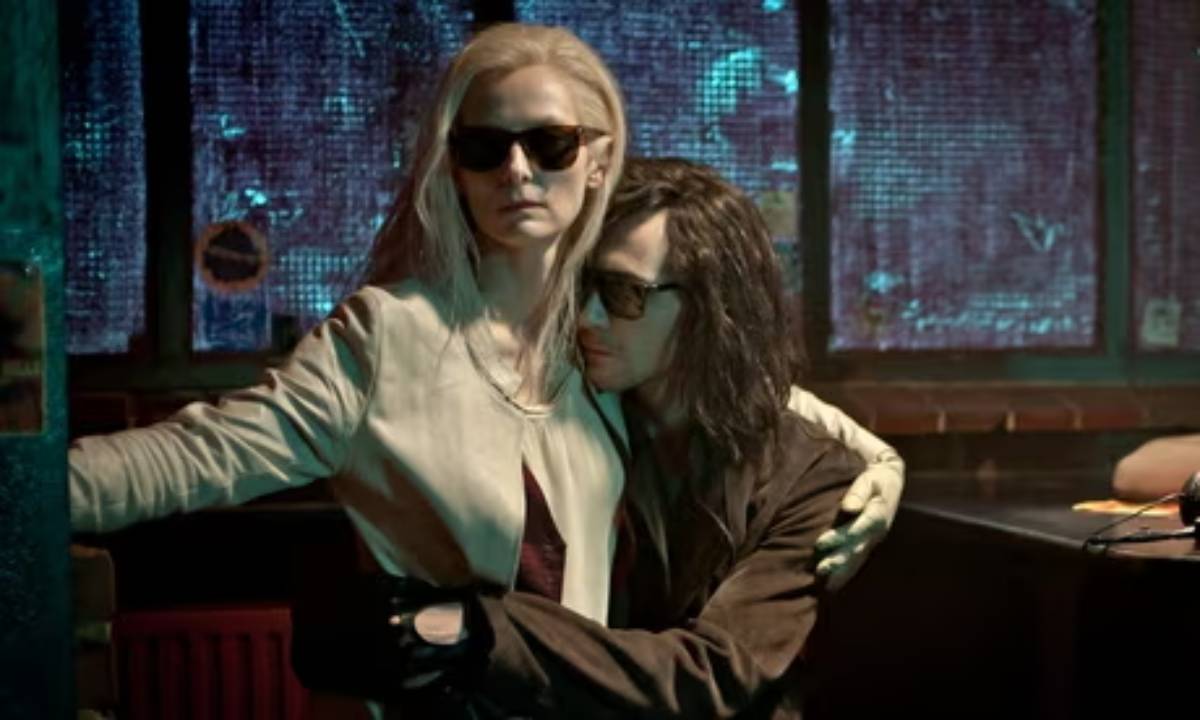
Jim Jarmusch’s stylish vampire tale is underscored by a score that feels as ancient and modern as its protagonists. The minimalist lute compositions from van Wissem, paired with SQÜRL’s ambient rock, evoke loneliness and eternity.
Highlights:
- A sonic texture that feels handcrafted and lived-in.
- Merges Baroque and drone in a hypnotic fashion.
- Evokes an atmosphere better than any dialogue could.
One of the most distinctive entries in modern cinematic music.
4. Paprika – Susumu Hirasawa
Before Inception, there was Paprika. Hirasawa’s genre-defying score for Satoshi Kon’s mind-bending anime blends glitchy electronics, choral chants, and pop melodies into something deeply original.
Why it matters:
- Predates and arguably inspires many elements of modern sci-fi scoring.
- Embodies the surrealism of the film without disorientation.
- A wholly unique listening experience, even outside the film.
Too often overshadowed, it’s one of the best film scores in animation history.
5. A Single Man – Abel Korzeniowski
Tom Ford’s directorial debut is visually lush, but it’s the score that gives it heart. Korzeniowski’s sweeping strings evoke longing, loss, and emotional fragility with rare elegance.
Why it deserves acclaim:
- The music elevates the emotional core of every scene.
- It rivals classic Hollywood scores in sophistication.
- It was nominated for several awards—but didn’t win enough.
A soundtrack that feels timeless yet remains curiously under the radar.
6. Moon – Clint Mansell

Minimalist yet emotionally rich, Moon features a score that complements its themes of isolation and identity. Mansell’s repeating piano motif becomes a poignant tether in an otherwise sparse sonic landscape.
Standout qualities:
- Echoes the protagonist’s psychological journey.
- Builds tension without relying on volume or speed.
- Achieves profound intimacy with simple instrumentation.
An exquisite example of cinematic music that does more with less.
7. Kubo and the Two Strings – Dario Marianelli
A brilliant fusion of Western orchestration and traditional Japanese elements, this score brings the stop-motion fantasy world of Kubo to life in vivid detail.
Why it’s underrated:
- Combines cultural respect with innovative musical storytelling.
- Each track is emotionally and narratively purposeful.
- Was nominated for an Oscar but didn’t win—unjustly so.
A breathtaking, family-friendly score with serious musical depth.
8. The Secret Life of Walter Mitty – Theodore Shapiro
Most remembered for its indie-folk soundtrack selections, Walter Mitty also features a wonderful original score by Shapiro. His music bridges the internal with the epic, providing emotional texture to the film’s journey of self-discovery.
Why it’s overlooked:
- Shadowed by well-known licensed songs.
- Offers quiet, emotional support to pivotal moments.
- Blends humour and melancholy with maturity.
A gentle yet powerful underscore that shouldn’t be missed.
9. It Follows – Disasterpeace
An unexpected gem in horror scoring, It Follows uses pulsing synths and minimalist rhythms to channel both dread and nostalgia. Echoing 1980s John Carpenter while pushing into more ambient territory, the result is chilling and original.
Why it stands out:
- Reinvents the horror score with restraint and style.
- Balances homage with innovation.
- Functions as a character in its own right.
One of the best film scores in contemporary genre cinema.
10. Arrival – Jóhann Jóhannsson
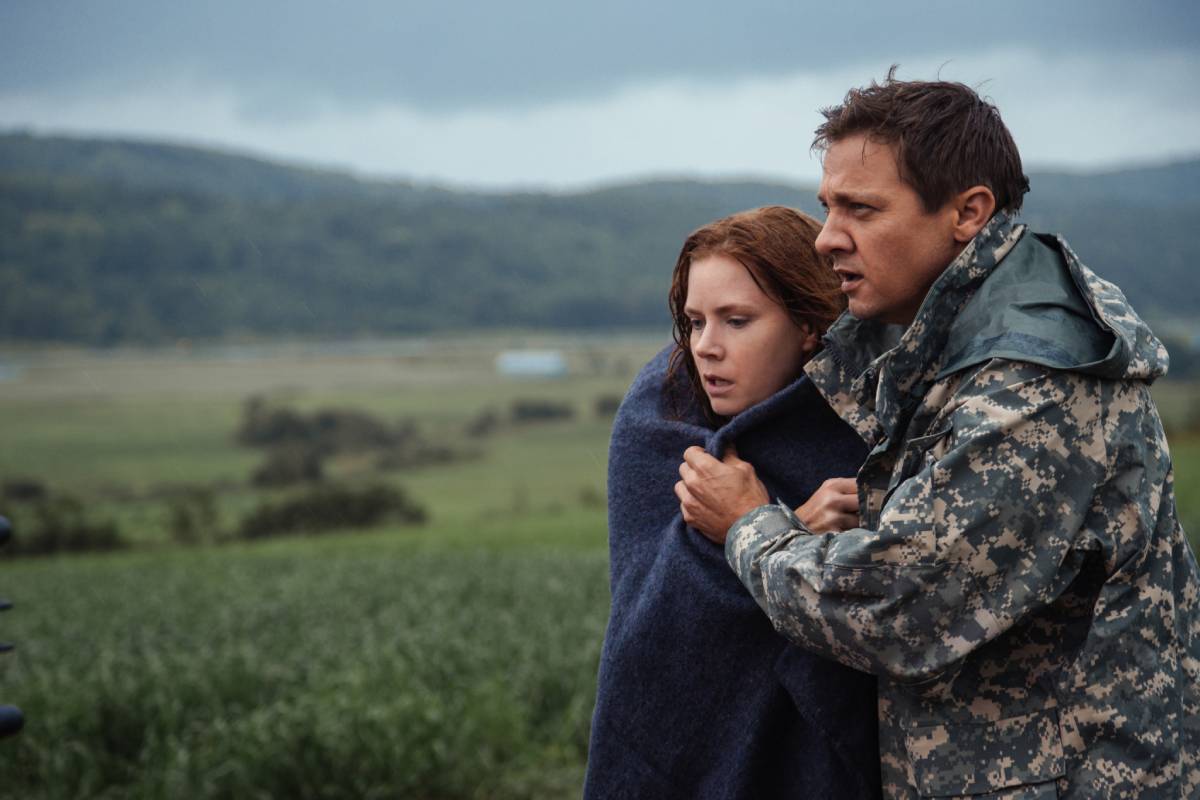
While overshadowed by the inclusion of Max Richter’s “On the Nature of Daylight”, Jóhannsson’s original score is vital to Arrival’s meditative pacing and emotional resonance. It communicates alienness and humanity in equal measure.
Why it should be celebrated:
- Creates tension through sonic manipulation, not volume.
- Mirrors the film’s circular narrative through musical structure.
- A quiet triumph in cinematic music composition.
Jóhannsson’s tragic passing makes this work feel even more poignant.
Key Takeaway: The Unsung Power of Sound
Great film music doesn’t always demand attention—it earns it over time. These underrated movie soundtracks demonstrate that the best film scores aren’t just about fame or franchise—they’re about emotional truth, narrative enhancement, and sonic artistry.
As audiences become more attuned to the subtleties of cinematic music, it’s time we recognise these hidden gems and give them the appreciation they deserve. Whether you’re revisiting a favourite film or building a new playlist, these scores are worth a closer listen—they may just change how you experience the story.
